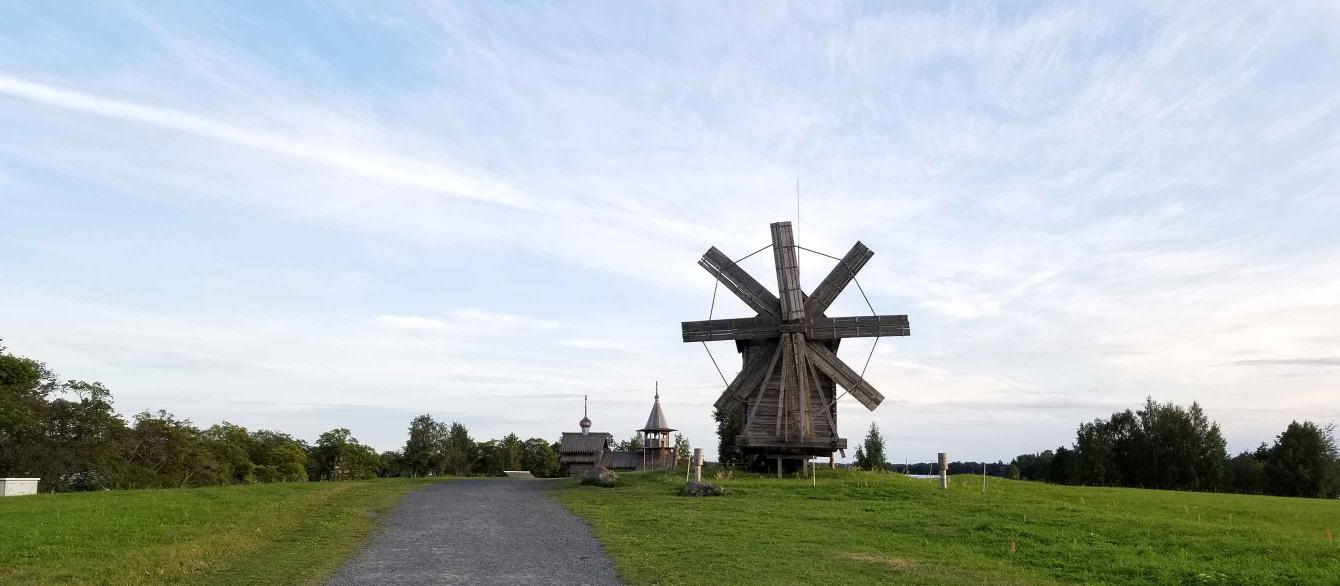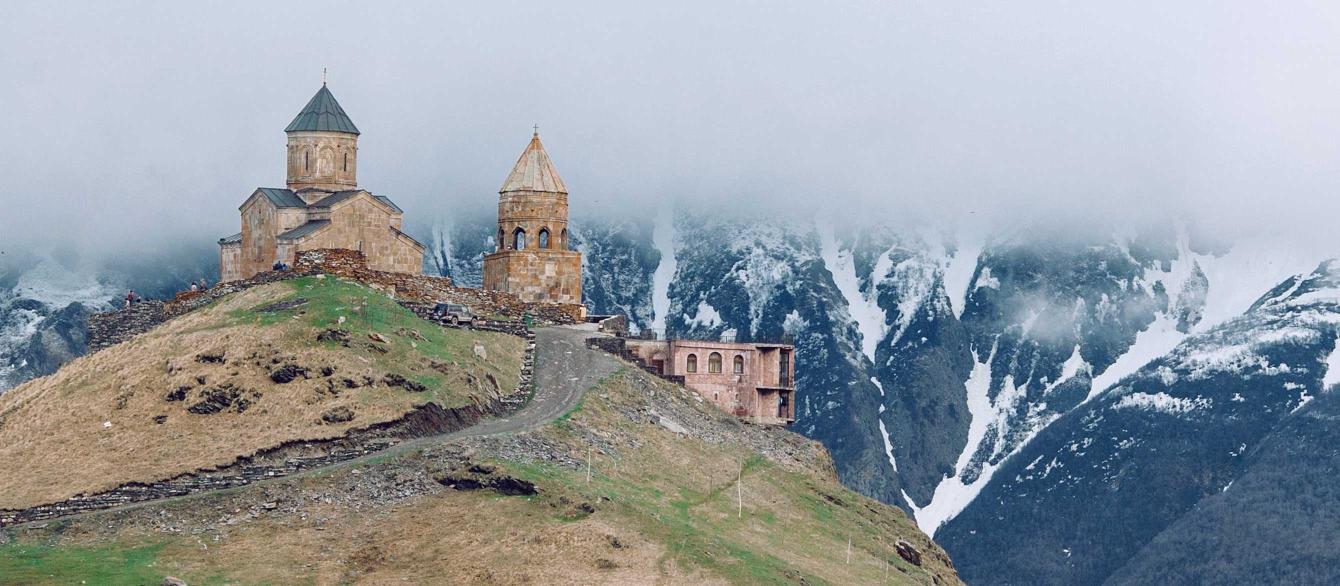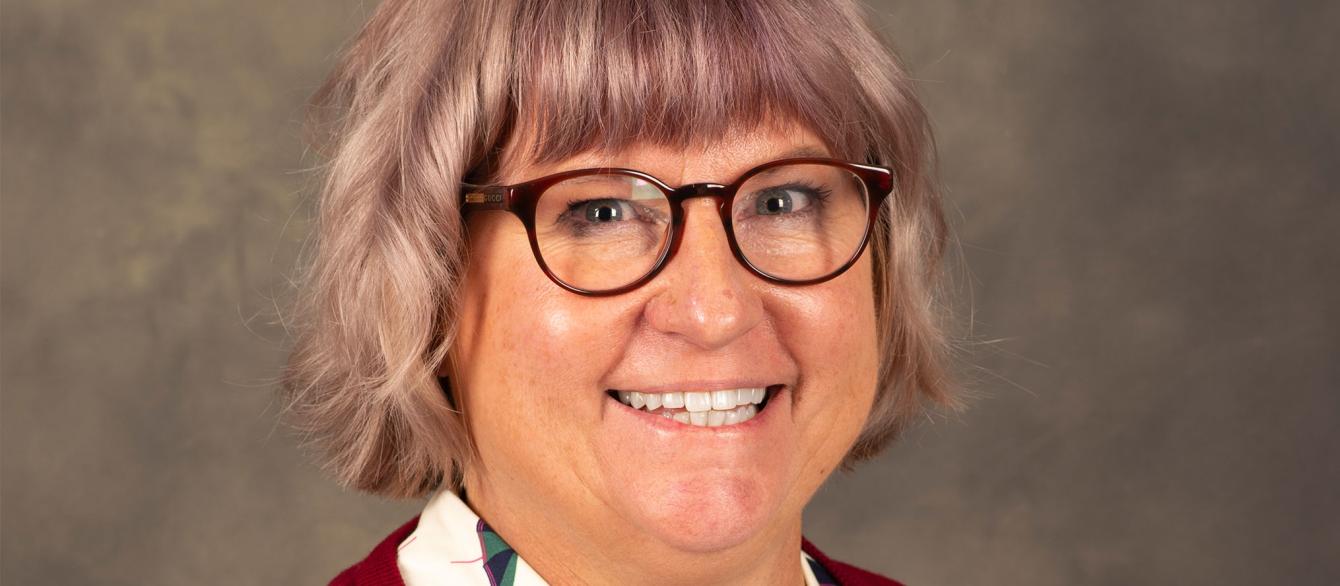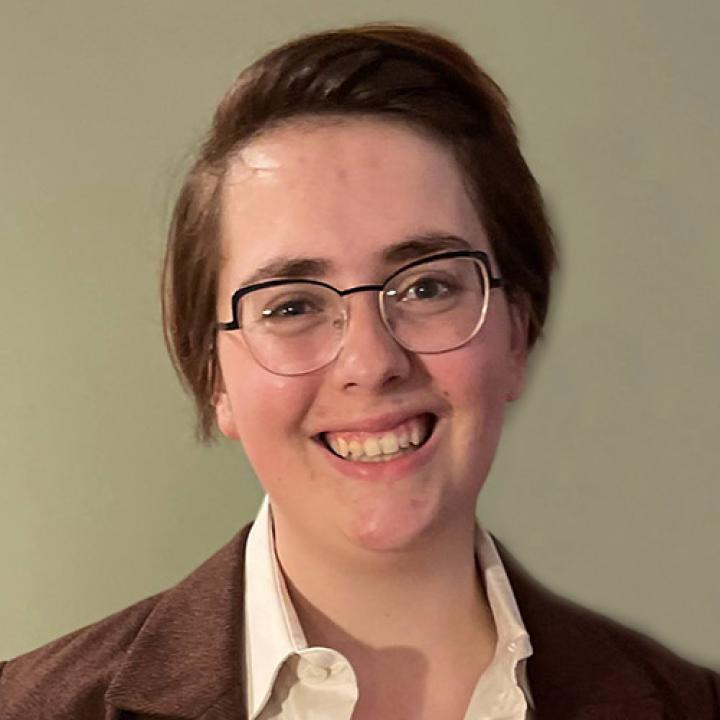Mickey Marsee was an Engaging Eurasia Teacher Fellow for the 2021-2022 academic year. A residential faculty member of Chandler-Gilbert Community College’s (CGCC) Composition, Creative Writing, and Literature Department, she holds a Ph.D. in English from the University of New Mexico. We spoke with Mickey about her experience teaching about the region.
What are some of the challenges of teaching about Russia and Eurasia?
Eurasia is vast—both geographically and historically—so capturing that into a single lesson or few lessons is very challenging. Understanding Russia’s developing identity over the nineteenth and twentieth centuries, at times, felt like trying to catch quicksilver. Pinpointing who was and what was Russian or Soviet seems nearly impossible when you consider the many versions of “Russia” and the many other nationalities and ethnicities.
Throughout the roughly 150 years of Russian and Eurasian culture we studied this year, Russia’s past was always very present in each new era or movement.
What advice would you give to educators hoping to improve how they teach about this region?
My advice is to lean into the messy complexity, history, and mystery that is Russia and the Soviet Union. I think really focusing on the diversity of the region is also key to gaining a better understanding of the richness and challenges of Russia and Eurasia. While traveling in Uzbekistan and Tajikistan, I also learned from people there that separating the “-isms” from the people of Russia and the Soviet Union is very important from their perspective.
What did you learn from the EETF Fellowship that you want to bring to your classroom this year?
I will bring to my classroom the pervasiveness that history can have in contemporary culture. Throughout the roughly 150 years of Russian and Eurasian culture (art, music, literature) we studied this year, Russia’s past was always very present in each new era or movement. The past permeates their contemporary struggles with their sense of self, their role in society, and their place in the world. For example, it is very poignant to listen to the state-endorsed music of the factories juxtaposed to the exuberant folk music of the Ukrainian or Uzbek nations. Which captured the true identity of a Soviet? In what ways does each represent an aspect of the complex culture? How can we take these questions and turn them on our own culture and look at our own diverse society and see how it is made up of multiple pieces?
What is one moment that stuck out to you from the EETF Fellowship year?
After our first lecture from Professor Kirill Ospovat on imperial Russian literature, a colleague, Catherine Atwell, posed a question in our visual journals that stuck with me for the rest of the year: “Who gets to define a country’s ‘authentic’ culture?” Not only did this highlight the struggle with identity that I pursued over the year’s studies, but this question also captures a struggle that continues today in both Russian, Eurasian, and American societies.






